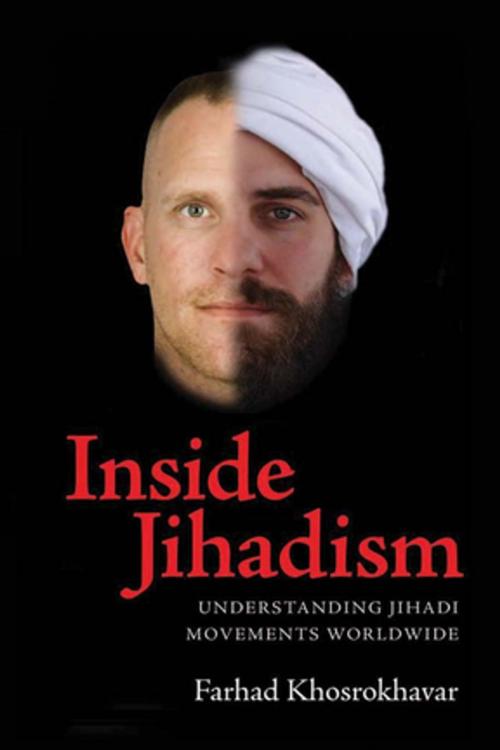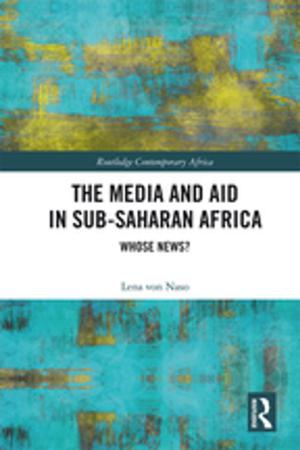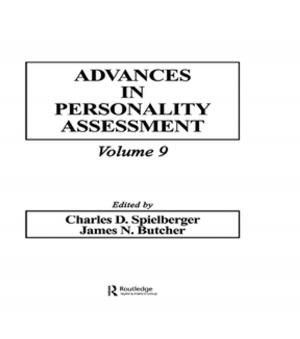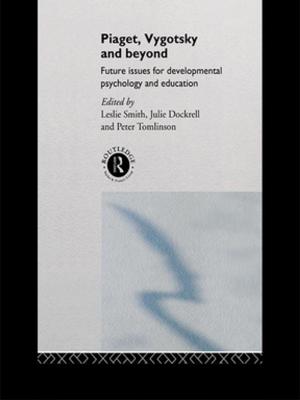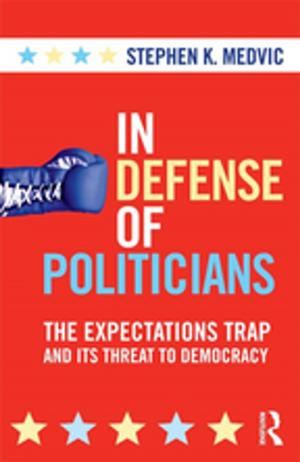Inside Jihadism
Understanding Jihadi Movements Worldwide
Nonfiction, Social & Cultural Studies, Social Science, Sociology, Political Science| Author: | Farhad Khosrokhavar | ISBN: | 9781317257516 |
| Publisher: | Taylor and Francis | Publication: | December 3, 2015 |
| Imprint: | Routledge | Language: | English |
| Author: | Farhad Khosrokhavar |
| ISBN: | 9781317257516 |
| Publisher: | Taylor and Francis |
| Publication: | December 3, 2015 |
| Imprint: | Routledge |
| Language: | English |
Jihad is the most organized force against Western capitalism since the Soviet era. Yet jihadism is multifaceted and complex, much broader than Al Qaeda alone. In the first wide-ranging introduction to today's rapidly growing jihadism, Khosrokhavar explains how two key movements variously influence jihadi activists. One, based in the Middle East, is more heavily influenced by Islamic religion and political thought. The other, composed of individuals growing up or living mostly in Europe and Western democracies including the United States, is motivated by secular as well as religious influences. Khosrokhavar interprets religious and lesser-known Arabic texts and the real-world economic and political dynamics that make jihadism a growing threat to Western democracies. Interviews with imprisoned jihadists on what motivated their plots and actions help the readers understand reality as seen by jihadists. The author concludes with recommendations to safeguard democracies from future jihadism.
Jihad is the most organized force against Western capitalism since the Soviet era. Yet jihadism is multifaceted and complex, much broader than Al Qaeda alone. In the first wide-ranging introduction to today's rapidly growing jihadism, Khosrokhavar explains how two key movements variously influence jihadi activists. One, based in the Middle East, is more heavily influenced by Islamic religion and political thought. The other, composed of individuals growing up or living mostly in Europe and Western democracies including the United States, is motivated by secular as well as religious influences. Khosrokhavar interprets religious and lesser-known Arabic texts and the real-world economic and political dynamics that make jihadism a growing threat to Western democracies. Interviews with imprisoned jihadists on what motivated their plots and actions help the readers understand reality as seen by jihadists. The author concludes with recommendations to safeguard democracies from future jihadism.
